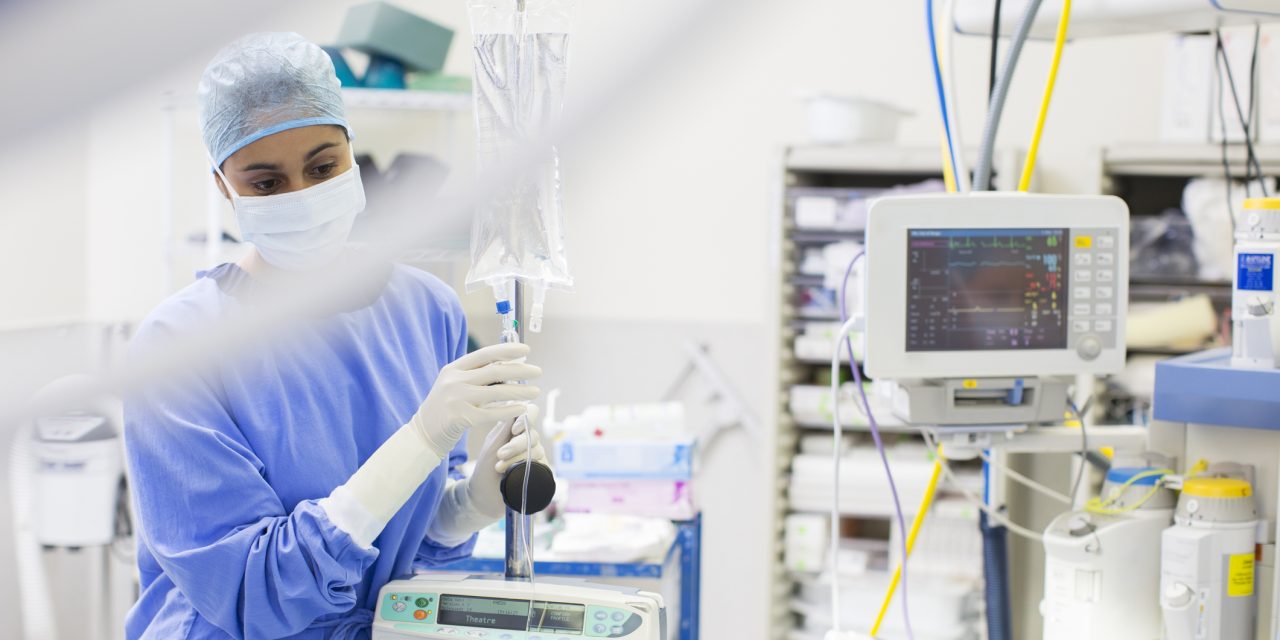Testosterone prescriptions have increased dramatically in recent decades, with increasing usage in men. Despite epidemiological associations reported high circulating concentrations of endogenous androgens and low risk of cardiovascular events and mortality, the effects of exogenous androgens in the form of testosterone therapy for maintaining physiological circulating androgen concentrations on the cardiovascular system remain uncertain with no published meta-analysis on this topic.
The aim of this study was to investigate the effects of prescribed testosterone treatment, in all forms and durations, from well-developed randomized controlled trials, on cardiovascular events in men aged 18 years or older.
Peer-reviewed journal articles published from 1980 to 2019 will be searched from databases (ie CINAHL [Cumulated Index to Nursing and Allied Health Literature], Embase, Medline, Scopus, Cochrane Controlled Register of Trials as well as the Clinical Trial Registry). Randomized controlled trials or cluster randomized controlled trials with at least one intervention arm of testosterone and a control group of usual care or no testosterone treatment will be included in this review and meta-analysis. Studies on men with previous cardiovascular events or cardiac vascularization (coronary bypass surgery or percutaneous coronary intervention) will be excluded. Data related to primary outcomes such as clinical events of any type of stroke or transient ischemic attack, nonfatal myocardial infarction or acute coronary syndrome, emergency coronary artery revascularization, carotid surgery, cardiac mortality, and all-cause mortality will be extracted for analysis. The criteria for PRISMA (Preferred Reporting Items for Systematic Reviews and Meta-Analyses) will be followed in the evaluation of evidence.
Search terms have been piloted and finalized. This study will be completed by the end of 2020.
This protocol will guide a systematic literature review of the evidence around prescribed testosterone and its effect on cardiovascular events in men aged 18 years or older. The findings will inform clinical management of hypogonadal men.
PROSPERO International Prospective Register of Systematic Reviews CRD42019134278; https://tinyurl.com/y6t7ggge.
PRR1-10.2196/15163.
©HuiJun Chih, Christopher M Reid, Bu B Yeap, Girish Dwivedi. Originally published in JMIR Research Protocols (http://www.researchprotocols.org), 29.10.2020.
Effect of Testosterone Treatment on Cardiovascular Events in Men: Protocol for a Systematic Literature Review and Meta-Analysis.


